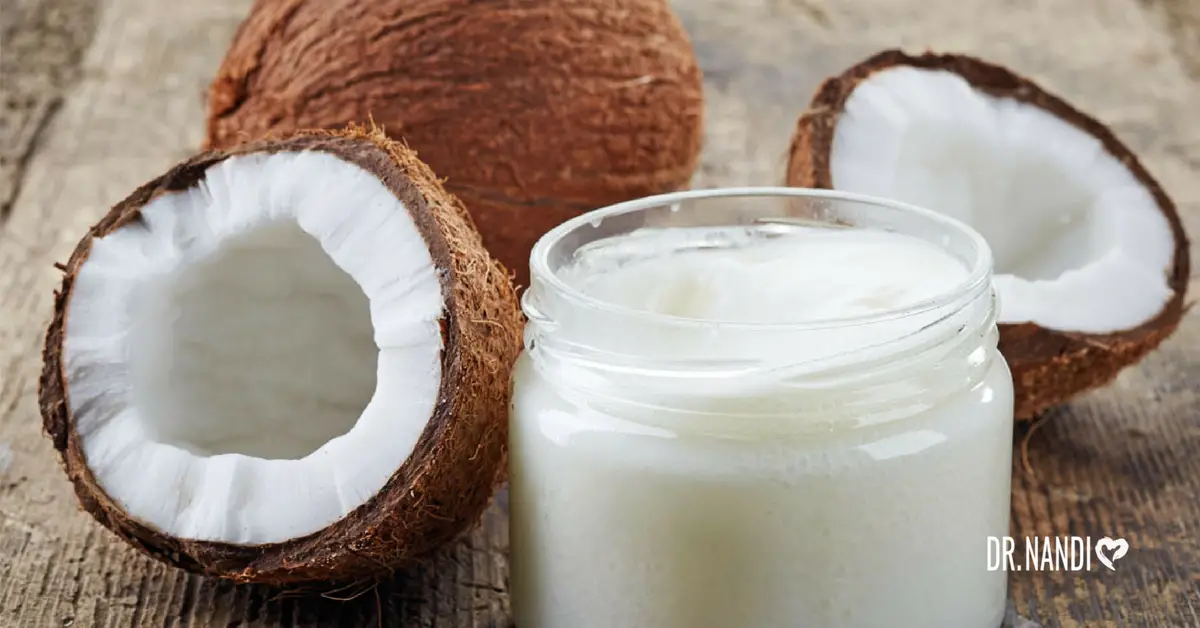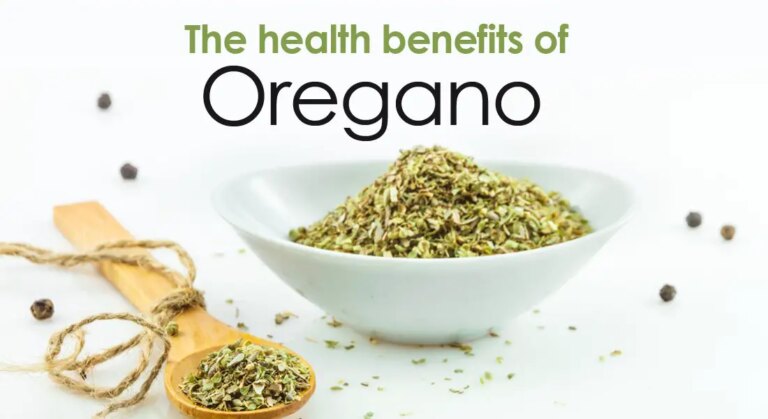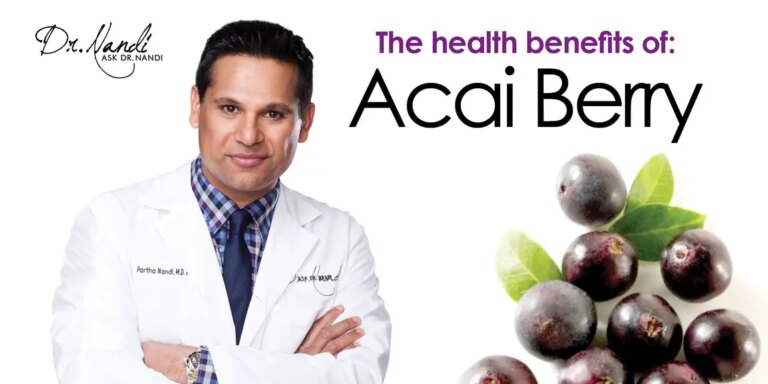You see it all over the place, from the grocery store shelves to the Huffington Post, but is coconut oil good for you? Or is it as bad as some people say it is? At Ask Dr. Nandi, we want you to know the truth so that you can be your health hero.
Here’s the Real Deal With Coconut Oil
Coconut Oil Is High in Saturated Fat
Next to palm oil, coconut oil has more saturated fat than anything else people eat, including butter, beef, and even lard. And although fitness magazines and websites have promoted coconut oil, saturated fat is not suitable for you. One tablespoon of this sweet oil maxes out the daily allowance recommended by the American Heart Association.
However, saturated fat is known to increase LDL or bad cholesterol, but coconut oil has been shown to increase your HDL or good cholesterol. Although science still isn’t sure why many people believe it has to do with the medium-chain triglycerides (MCT) found in coconut oil. Compared to the long-chain triglycerides in vegetable oil, dairy, and meat, the triglycerides in coconut oil are more likely to be burned for energy than turned into fat storage.
Instead of thinking about coconut oil as good or bad, think of it as an alternative that can be used in moderation in place of butter or other solid fat products.
Coconut Oil Also Makes a Great Moisturizer
While coconut oil is not the superfood the internet would like you to believe, it does do amazing things outside the kitchen. Due to its low molecular weight, coconut oil absorbs quickly and efficiently into the skin, hydrating it at the cellular level. It can be used anywhere on the body, including the face and the dry skin on elbows, knees, and heels. It’s even good for preventing dandruff and moisturizing your scalp.
Coconut oil contains three fatty acids: capric, caprylic, and lauric acid. These have anti-inflammatory, disinfectant, and anti-microbial properties, making coconut oil a great option to put on cold sores or minor abrasions.
Coconut’s role in cooking doesn’t make it a superfood; its moisturizing and healing properties make it a healthy and organic option for skincare.
Partha’s Rx
- Use coconut oil in moderation while cooking because it’s high in saturated fat.
- Coconut oil makes a great shaving cream because it moisturizes and protects the skin.
- Rub coconut oil into the dry ends of your hair to tame split ends.
- Opt for unrefined or virgin coconut oil because no chemicals have been added.
- Apply coconut oil to a sunburn to reduce pain and promote healing.




















